Field trips are invaluable educational experiences that offer students a dynamic, immersive learning environment beyond the traditional classroom setting. The recent visit by Grade 2 students to Shilparamam, an arts and crafts village, exemplifies how such excursions can provide rich, multisensory learning opportunities that engage children with real-world contexts and cultural experiences. By stepping outside their familiar school environment, students are exposed to unique perspectives and hands-on learning that textbooks and classroom discussions cannot fully replicate.
During their visit, the young students demonstrated remarkable curiosity and engagement by interviewing artisans and asking thoughtful questions about their crafts and livelihoods. This interactive experience allowed the children to understand the critical role of public spaces like Shilparamam in supporting local artists and preserving cultural heritage. The artisans explained how these spaces provide them with essential platforms to showcase their work, connect with diverse audiences, and create economic opportunities that might otherwise be unavailable to them. Through direct conversations, the students gained insights into the challenges and rewards of artistic entrepreneurship.
Moreover, such field trips offer profound educational benefits that extend far beyond simple knowledge acquisition. By witnessing artisans’ dedication and skill firsthand, students develop empathy, appreciation for cultural diversity, and an understanding of different professional paths. The experience helps children recognize the value of traditional crafts in a rapidly modernizing world and appreciate the intricate skills required to maintain cultural traditions. These interactions can inspire creativity, boost cultural awareness, and potentially spark lifelong interests in art, design, or cultural studies.
Field trips like the one to Shilparamam are instrumental in developing well-rounded, socially conscious learners. They provide experiential learning opportunities that complement classroom education, helping children understand complex social and economic ecosystems. By exposing students to the stories of local artisans, such experiences nurture critical thinking, communication skills, and a broader perspective on community dynamics. These educational journeys not only support the students’ academic growth but also contribute to their personal development, helping them become more empathetic, curious, and globally aware individuals.


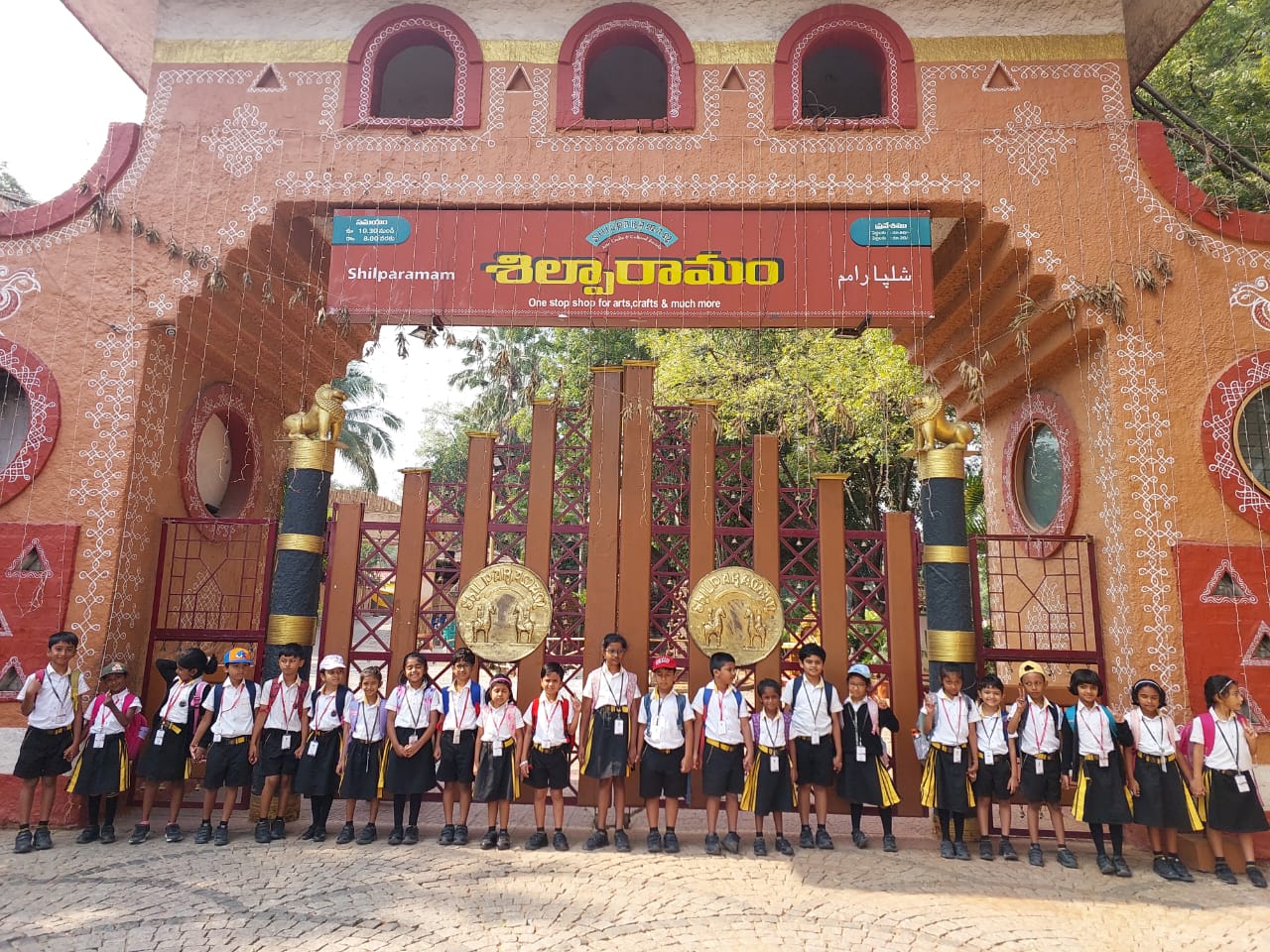
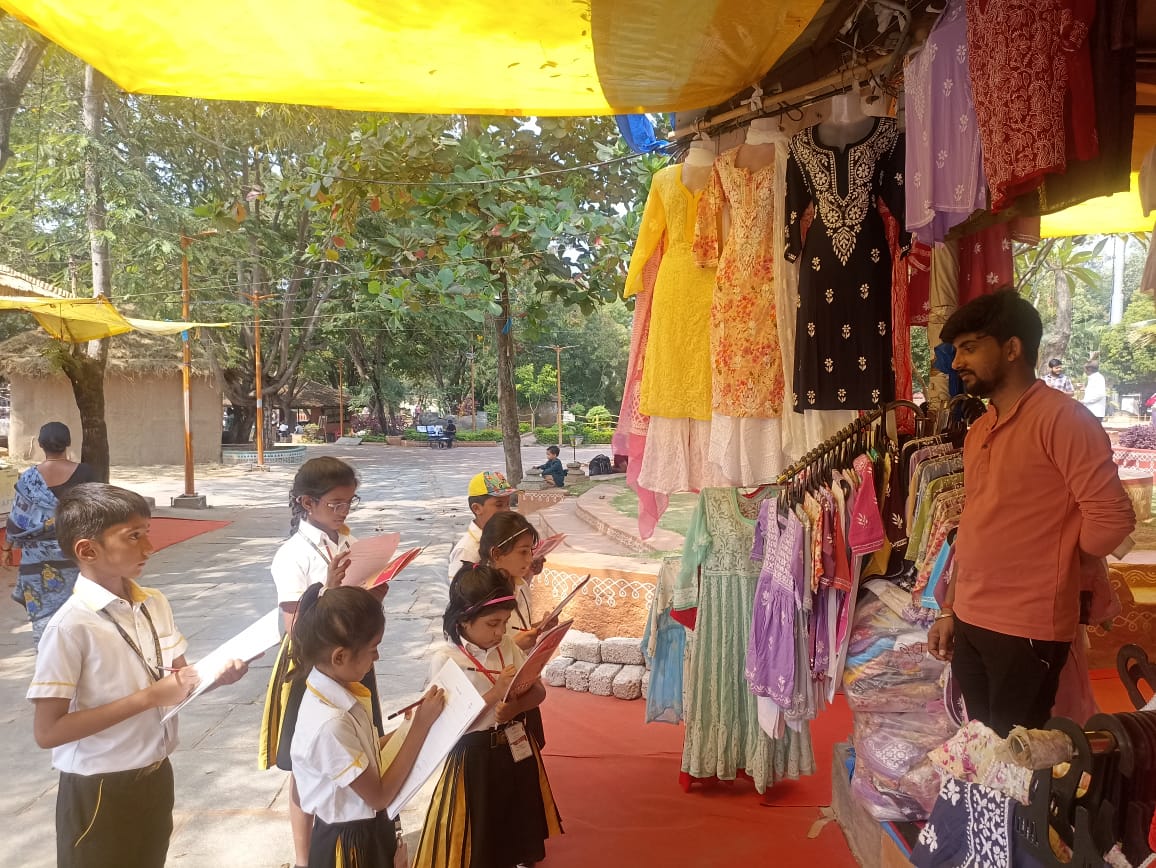
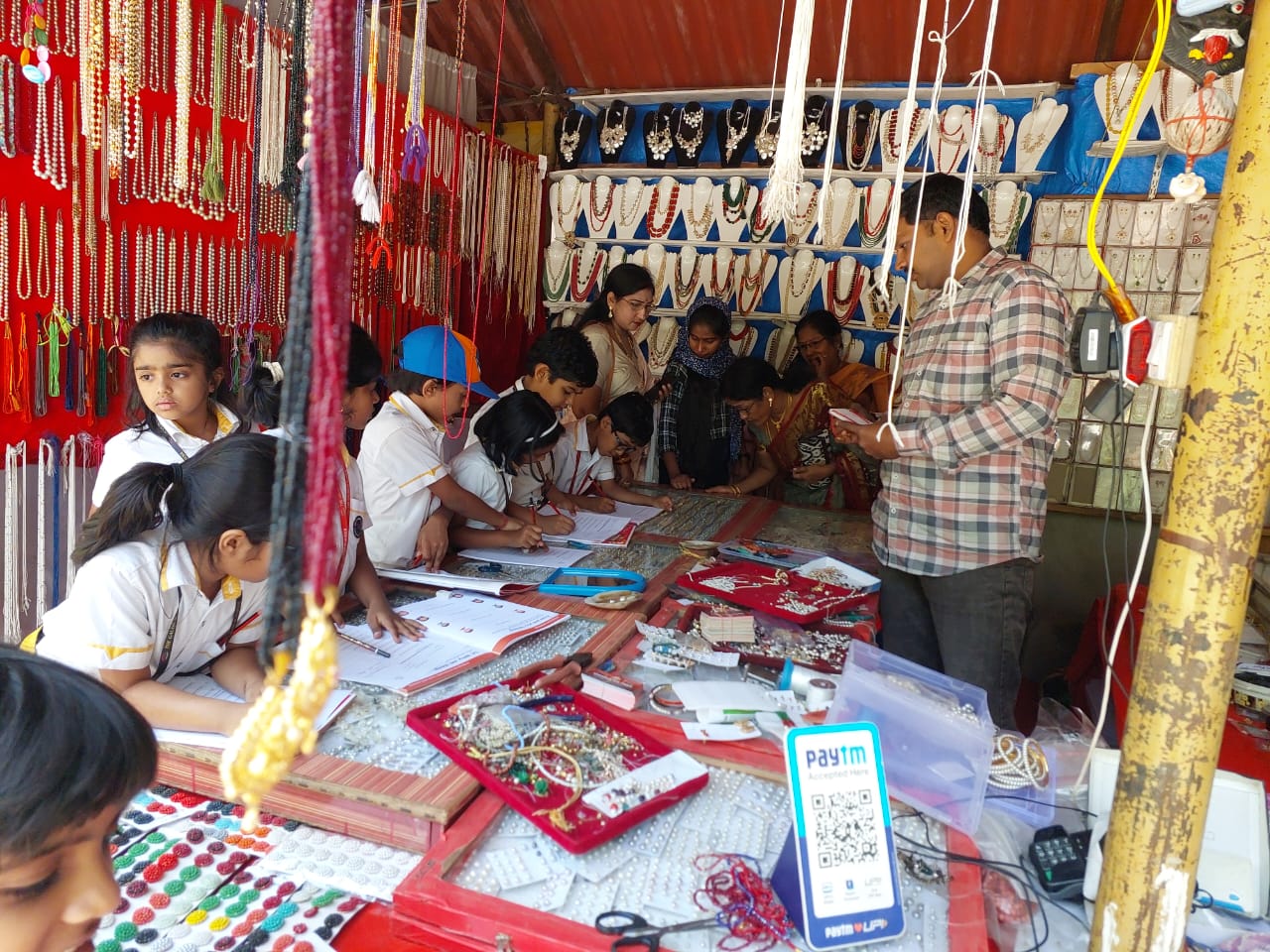
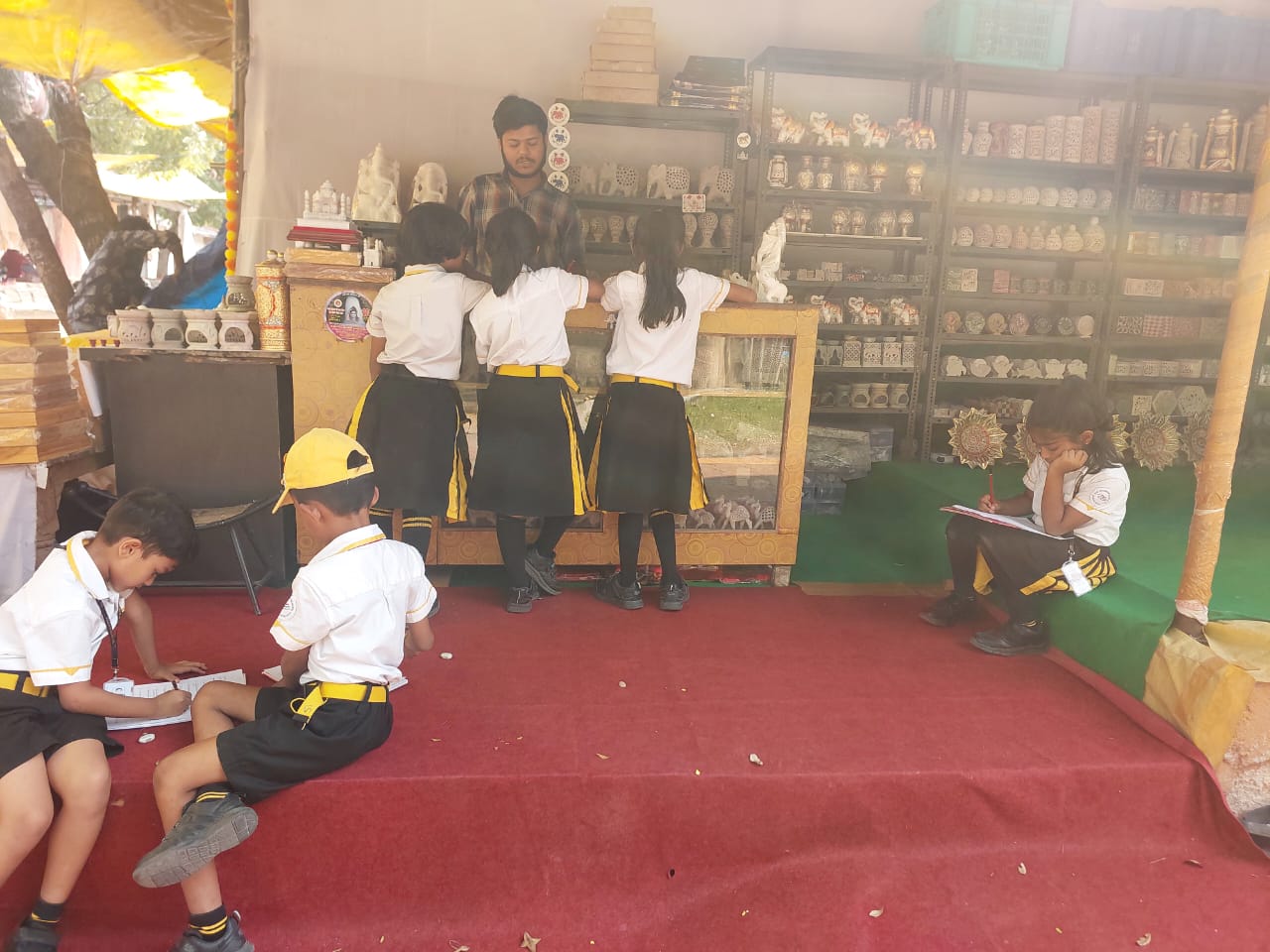
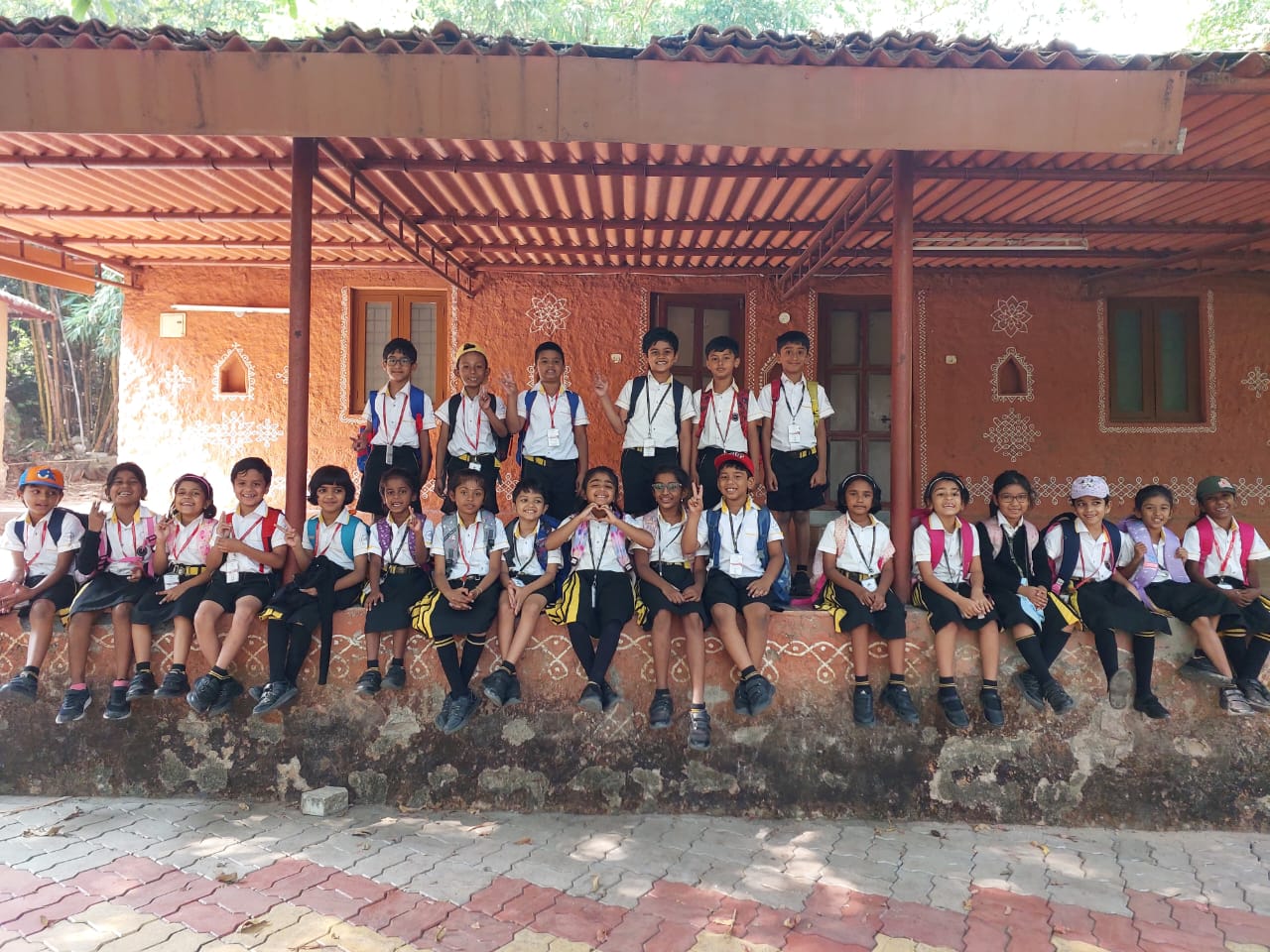
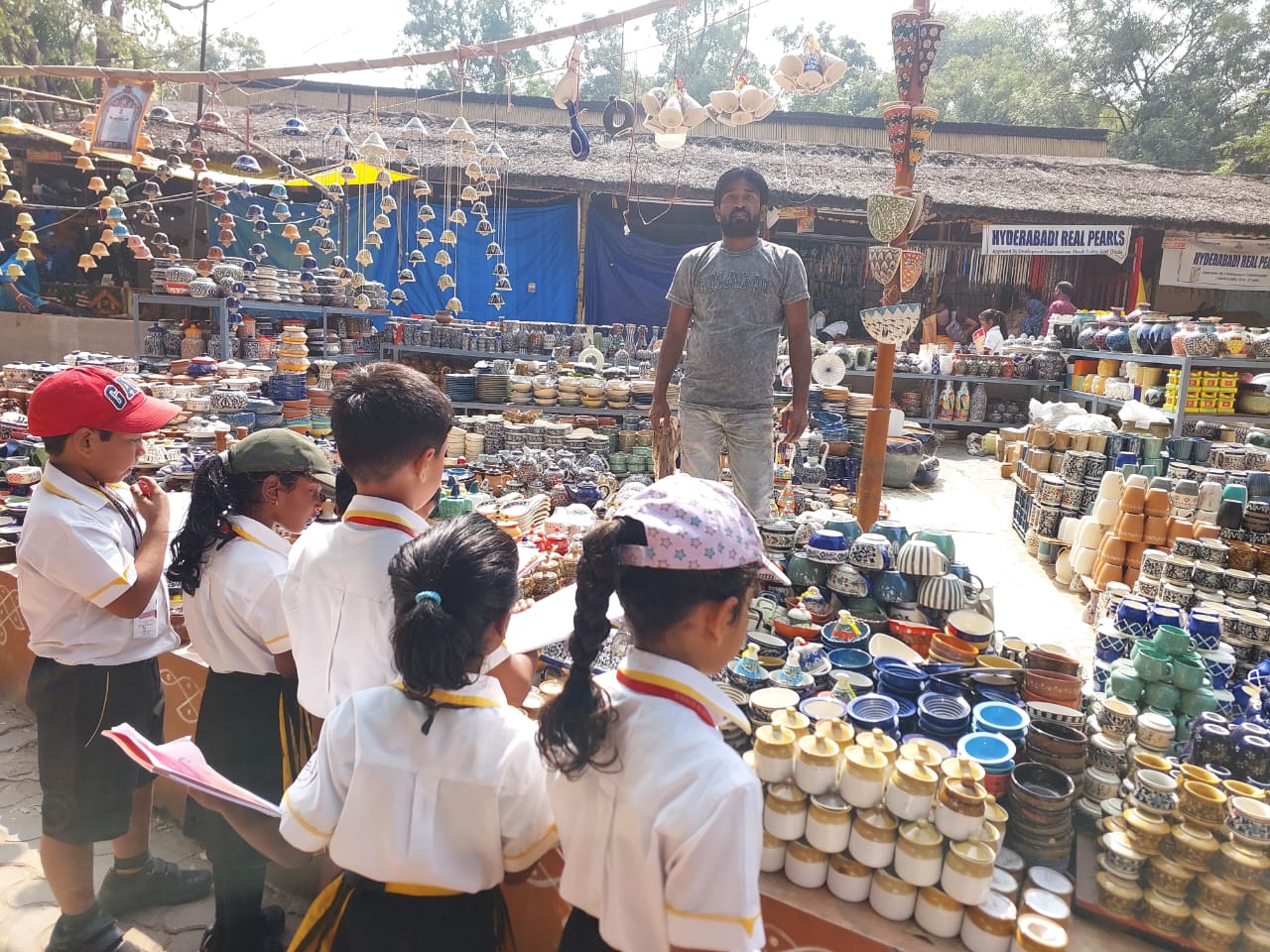





Leave A Comment